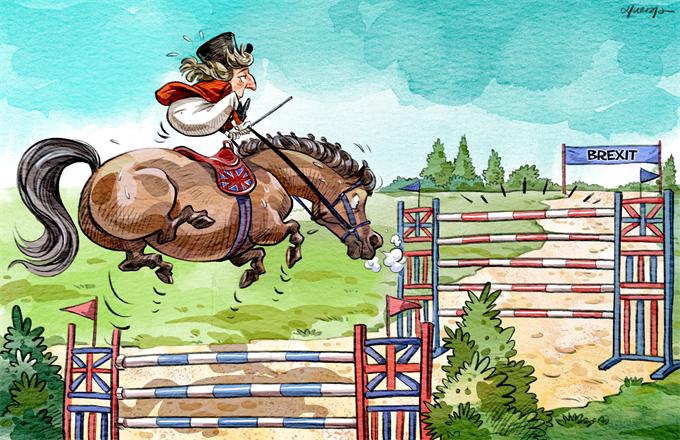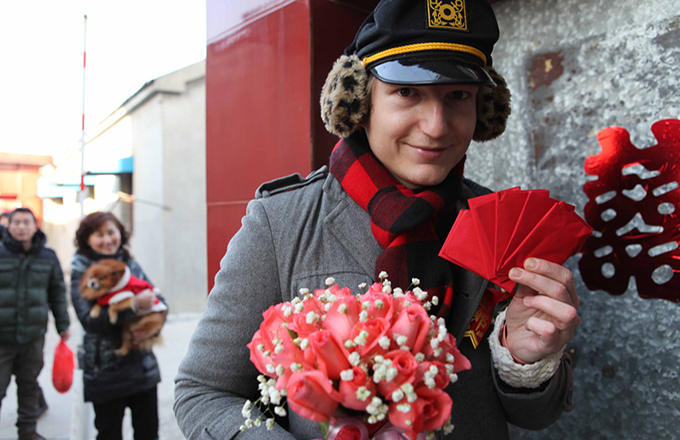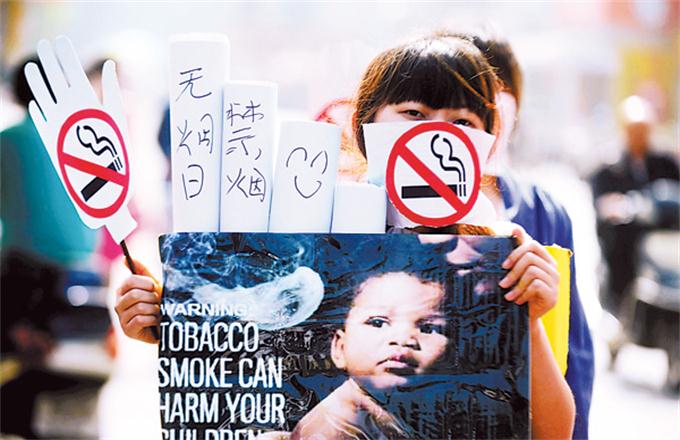Hong Kong oath-taking farce violates law
 |
|
Kowloon West lawmaker-elect Priscilla Leung Mei-fun (second right) celebrates with her party colleagues after winning a seat in the Legislative Council election during a press conference of the Business and Professionals Alliance for Hong Kong at Admiralty on Monday. Parker Zheng / China Daily |
People generally agree democracy is a good but not a perfect political system. When applied in accordance with the social conditions, it is conducive to social development. Otherwise, it could impede and even undermine social development. That's why there is "good democracy" and "bad democracy", as is evident from the history of political development across the world.
On Oct 12, two elected members of the Hong Kong Legislative Council-Sixtus Leung Chung-hang and Yau Wai-ching-deliberately violated the oath-taking procedure and content requirements of the oath. They even insulted the country and the Chinese people in words and deeds while taking the oath of office. Worse, they advocated "Hong Kong independence".
However, the pursuit of "independence" has nothing to do with democracy in the Hong Kong Special Administrative Region. In fact, it violates the basic political principle of "One Country, Two Systems".
The Standing Committee of the National People's Congress, as the top legislature of the country, has the full right to interpret the Basic Law, by which the SAR is governed, when the basic political principle is severely challenged.
The Hong Kong SAR is the fruit of the People's Republic of China's "One Country, Two Systems" principle aimed at resolving the reunification issue. The central authorities have charted out the path of democracy for Hong Kong, especially because the region's economy is rooted in capitalism. The objective of "One Country, Two Systems" principle is to ensure the SAR enjoys long-lasting prosperity and stability under the premise of national unity. And according to the "One Country, Two Systems" principle, democratic political development in Hong Kong started after the region's reunification with the motherland.
Moreover, Hong Kong's democratic political development should be in accordance with its actual situation. And democracy in the SAR should develop step by step.
These principles will help Hong Kong achieve quality democracy, which is the aim of the "One Country, Two Systems" principle.
The central authorities' stance takes into consideration the fundamental interests of Hong Kong people as well as those of their compatriots in the rest of the country. However, Hong Kong's pan-democracy camp has different views on democracy.
In the legal realm, political differences should be resolved through talks. But the pan-democracy camp began opposing the central authorities' arrangement even before political reform was launched and has resorted to political confrontations through agitations, such as the "Occupy Central" movement in 2014.
On June 18, 2015, the pan-democracy camp rejected the universal suffrage plan of the Hong Kong chief executive, resulting in the suspension of the SAR's political reform. And the latest pro-"independence" farce of the two legislators-elect while taking oath has created a rift in Hong Kong. What they have done goes against the interest of Hong Kong residents.
The political bottom line in Hong Kong is the "One Country, Two Systems" principle, so by advocating "Hong Kong independence" the legislators-elect not only violated the basic political and legal principle, but also threatened national unity.
Some attribute the recent chaos in the SAR to people's frustration with Hong Kong's political reform. But that should not be a reason for disrupting the SAR's normal political order. All political moves of the central authorities, the pan-democracy camp rejected the universal suffrage plan of the Hong Kong chief executive, the SAR government and the pan-democracy camp should be within the framework of the law. This makes the pan-democracy camp's actions illegal and harmful to the SAR's political order.
The Basic Law of Hong Kong makes the direction of the SAR's political development clear. And the central authorities want democracy to develop in the region-which is also the goal of the "One Country, Two Systems" principle. Whether or not it will be a "good" democracy depends on whether it is conducive to national unity and long-term prosperity of Hong Kong. And the latest wave of moves by the pro-"independence" forces show how urgent for the Hong Kong legislation to accelerate the lawmaking process to implement Article 23 of the Basic Law, which bans treason and separatism.
The author is a professor at Shenzhen University and a member of the Chinese Association of Hong Kong and Macao Studies.




















